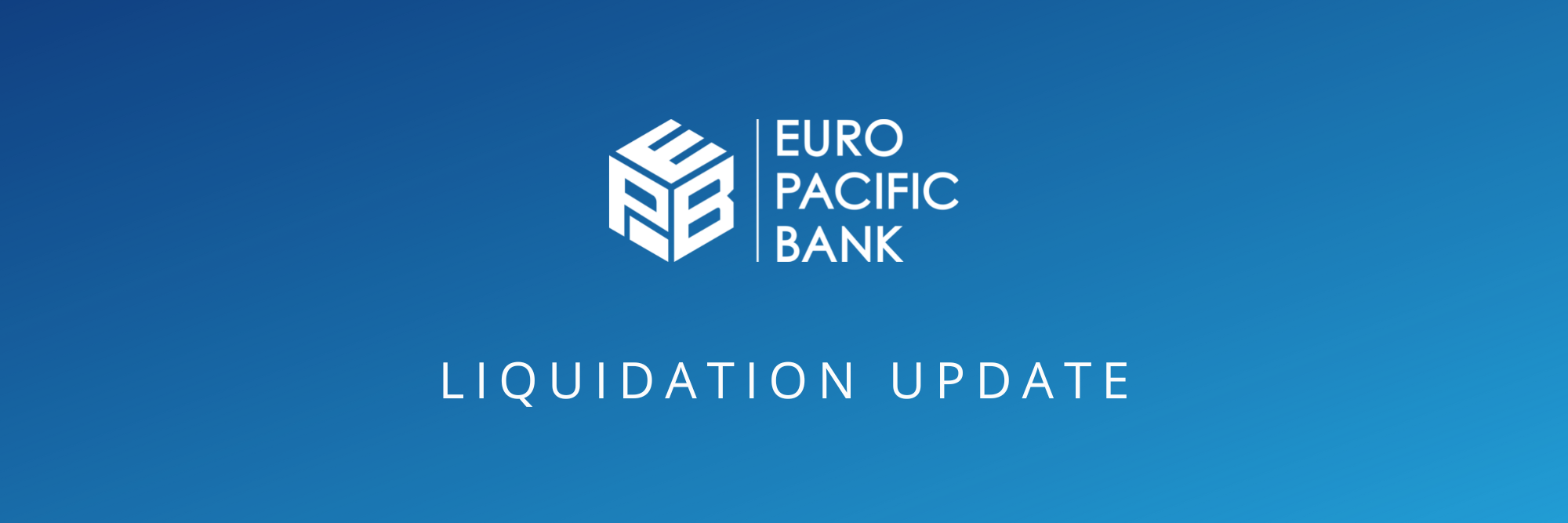
Dear Opt-in Customers,
We hope this message finds you well. For your peace of mind, we would like to increase the frequency of these updates on the migration and liquidation process.
Since our last update at the beginning of the month, we have continued to push for the migration and liquidation processes to begin at the soonest possible date, and we have continued to work alongside the Receiver in connection with his data migration, support, account consolidation, and reconciliation efforts. At this time, however, the migration of opt-in clients to Qenta continues to remain dependent on the Receiver finalizing his liquidation plan and upon him receiving approval on this plan from OCIF.
Please rest assured that we will continue to work diligently to ensure the smooth migration of opt-in customers at the earliest possible date. As mentioned, we will also increase the frequency of the update notices for opt-in customers on the EPB homepage, as well as via email in some cases.
Should you require special assistance, please feel free to contact the EPB Client Services team at any time at [email protected]. We appreciate your ongoing patience and understanding.
If you are an opt-out customer, please remember to visit the dedicated website setup by the Receiver for updates at https://epbprliquidation.com/.
Sincerely,
Euro Pacific Bank.
[email protected]
